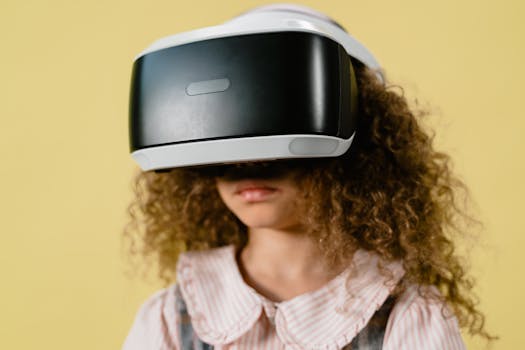
The Future of Education: What 2025 Holds
Introduction to The Future of Education
The Future of Education: What 2025 Holds. The world of education is on the cusp of a revolution, driven by technological advancements, shifting societal needs, and evolving learner expectations. As we look to the future, it’s clear that the next few years will be pivotal in shaping the way we learn, teach, and interact with education. In this article, we’ll explore the trends, innovations, and predictions that will define the future of education in 2025.
Key Trends Shaping the Future of Education
So, what does the future hold for education? Here are some key trends that will shape the industry in 2025:
- Personalized Learning: With the help of AI and machine learning, education will become more tailored to individual needs, abilities, and learning styles.
- Virtual and Augmented Reality: Immersive technologies will continue to transform the learning experience, making it more engaging, interactive, and effective.
- Online and Blended Learning: The lines between traditional and online learning will continue to blur, offering students more flexibility and accessibility.
- Competency-Based Education: The focus will shift from age-based grade levels to competency-based progression, allowing students to learn at their own pace.
- Artificial Intelligence and Automation: AI will augment teacher capabilities, automate administrative tasks, and enhance student outcomes.
Emerging Technologies in Education
In addition to these trends, several emerging technologies will play a significant role in shaping the future of education:
- Blockchain: Secure, decentralized, and transparent, blockchain technology will revolutionize credentialing, authentication, and learning pathways.
- Internet of Things (IoT): The IoT will create new opportunities for hands-on, experiential learning, and real-time data analysis.
- 5G Networks: Faster, more reliable, and widespread connectivity will enable seamless communication, collaboration, and access to educational resources.
- Extended Reality (XR): XR will merge the physical and digital worlds, creating new dimensions for learning, socialization, and skill-building.
Challenges and Opportunities in the Future of Education
While the future of education holds tremendous promise, there are also challenges to be addressed:
- Digital Divide: Ensuring equal access to technology, internet, and digital resources for all learners will be crucial.
- Teacher Training and Support: Educators will need ongoing training and support to effectively integrate new technologies and pedagogies.
- Data Privacy and Security: Protecting student data and ensuring the secure use of emerging technologies will be essential.
- Equity and Inclusion: The future of education must prioritize diversity, equity, and inclusion, addressing the needs of all learners, regardless of background or ability.






